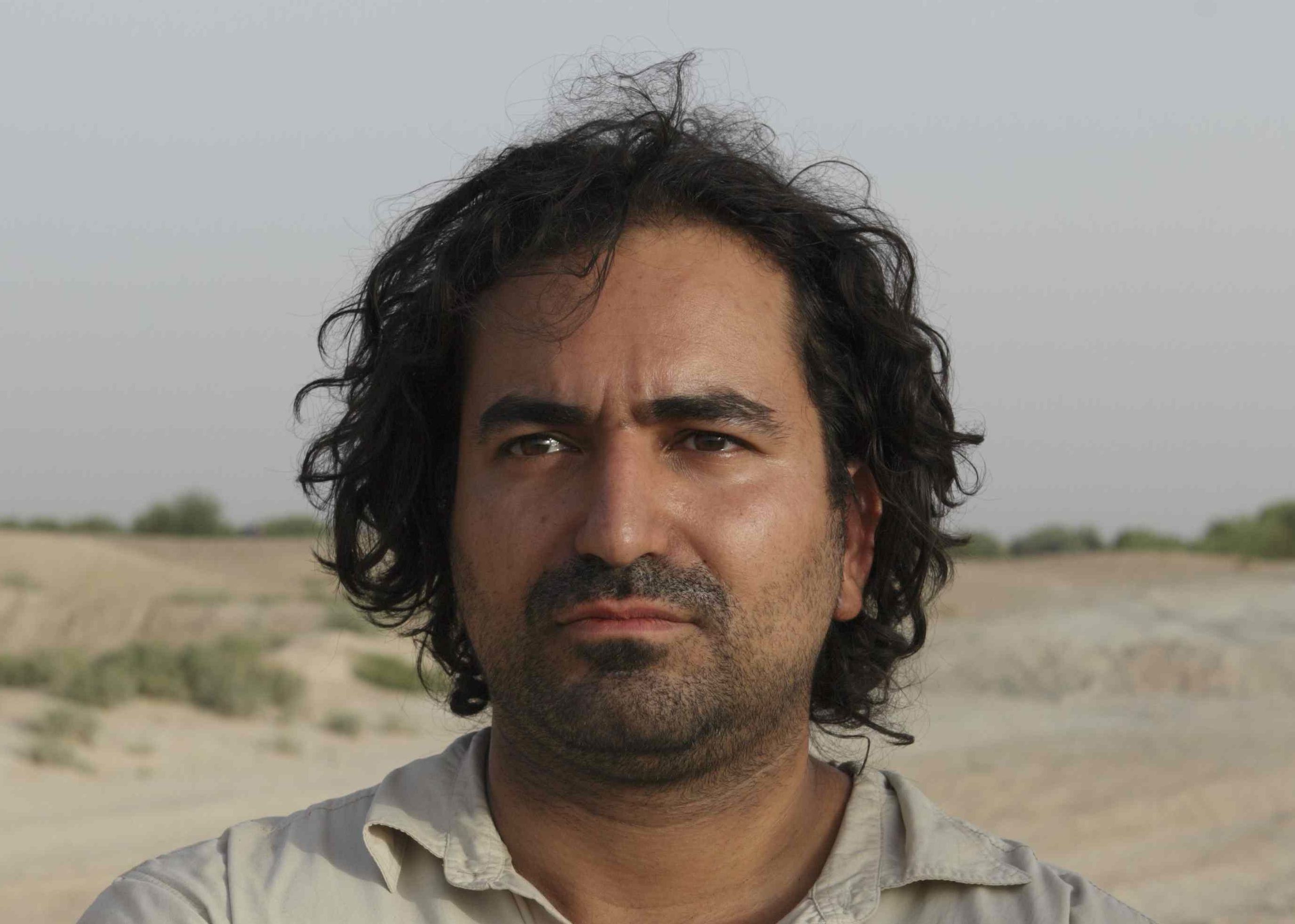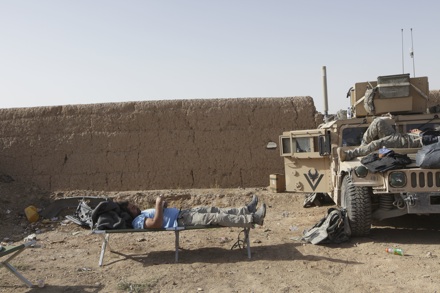
The following is an excerpt from the Columbia Journalism Review
If anyone should be unsurprised by material in the WikiLeaks war logs dump, it's reporter Nir Rosen—the New York-based freelance magazine writer and Fellow at NYU's Center on Law and Security celebrated (and sometimes scorned) for his stints embedding with the U.S. Army and the Taliban. And while he wasn't shocked by the documents, he was outraged. Rosen spoke to CJR assistant editor Joel Meares about the war logs and the media's reaction to them. This is an edited transcript of that conversation.
What was your first reaction to the WikiLeaks dump and the way the media handled it?
I think it's a big deal. For people who are familiar with the region or with the war, it's true that there's nothing significantly new in terms of the big picture. Anyone familiar with it knows that in general it's not going well, that Pakistan is both an ally and an opponent, and that the Afghan government is corrupt. So the argument people are making—that there's nothing new—is true on one level, but it also makes it all the more outrageous. The most shocking thing is that the people who say they knew all this weren't more shocked before.
Is there anything new to shock us in these reports?
One thing this shows that the U.S. soldiers are reporting facts which are very different than what the administration is saying in speeches and public statements. Much less optimistic. Are they lying or just misrepresenting? That's not shocking; I guess anyone who reads the papers expects the government to lie.
End of excerpt





